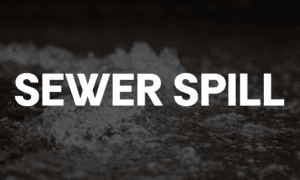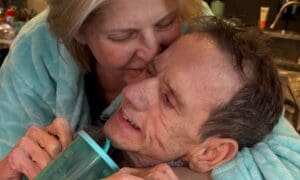Research shows that 86 percent of Americans will at one time have some sort of Vein disease resulting in billions of dollars of medical costs and lost productivity. By age 50, 67 percent of women and 50 percent of men will have developed varicose veins.
Symptoms of vein disorders include limb distress such as aching, pain, cramping, tiredness or tightness, heaviness and swelling. Also common are symptoms such as skin tenderness and discoloration irregular skin surface and protruding or spider veins.
The veins in your legs are at a greater risk of developing vein disorders than just about any other part of your circulatory system. Your veins must carry large volumes of blood from your feet back to your heart traveling uphill against gravity. This long trek is accomplished, in part, through a system of one-directional valves inside the leg veins that open in the direction of the heart.
In healthy veins, this series of valves move the blood up the leg in gradual stages and prevent back-flow. If this valve system malfunctions in any way it can result in a vein disorder. Malfunctions can result from many factors which include heredity, obesity, age, disease, surgery, pregnancy or sitting or standing for long periods of time.
There are many lifestyle habits you can develop to help prevent or minimize the symptoms of existing venous disorders. Remember, your goal is always to improve the circulation and blood flow back to your heart. These habits include:
Get plenty of exercise, and specifically exercise the calf muscles. Even when sitting or laying down move your legs to activate the calf muscle pump.
Maintain a normal weight. Overweight puts a heavier burden on your heart, arteries and veins.
Prop your feet higher than your heart. When possible, take the load off your leg veins by reversing the effects of gravity.
Wear Graduated Compression Hosiery. These special stockings help prevent the development and guard against worsening of vein disorders by increasing circulation. Compression therapy is proven effective in the treatment and prevention of Venous disorders, but research shows that the compression must be graduated, meaning the pressure is greatest at the ankle and sequentially less as it goes up the leg.
Graduated compression hosiery is available in different levels of compression and many styles. The lighter grades (up to 20 mm) are recommended for self care and mild cases of swelling, heaviness and aching in the leg. Grades 20 to 30 mm are recommended for moderate symptoms and 30 to 40 mm are considered surgical grade which require a doctors prescription.
The full line of Activa and Jobst Graduated compression hosiery are available locally at Freedom Medical Solutions, on Georgia 85 Hwy in Fayetteville, where their staff includes trained fitters. Call them at 678-817-7281 for more information on these and other fine medical products.












Leave a Comment
You must be logged in to post a comment.